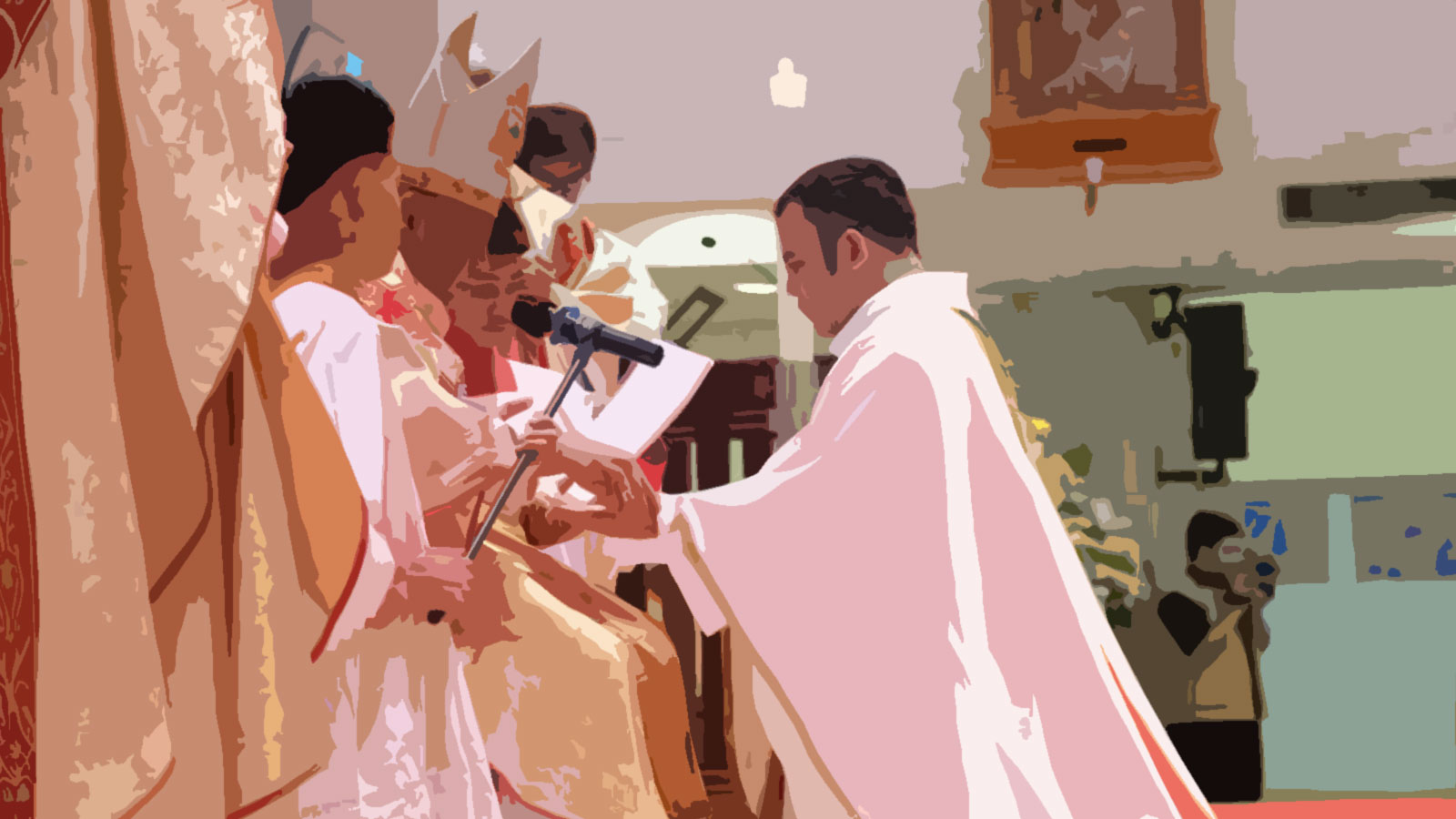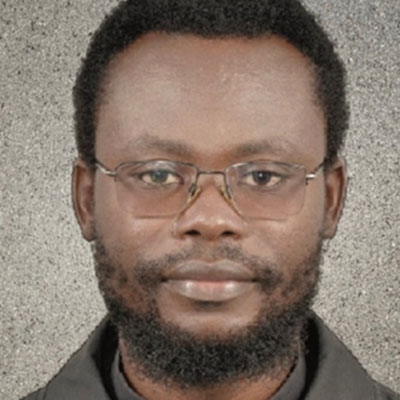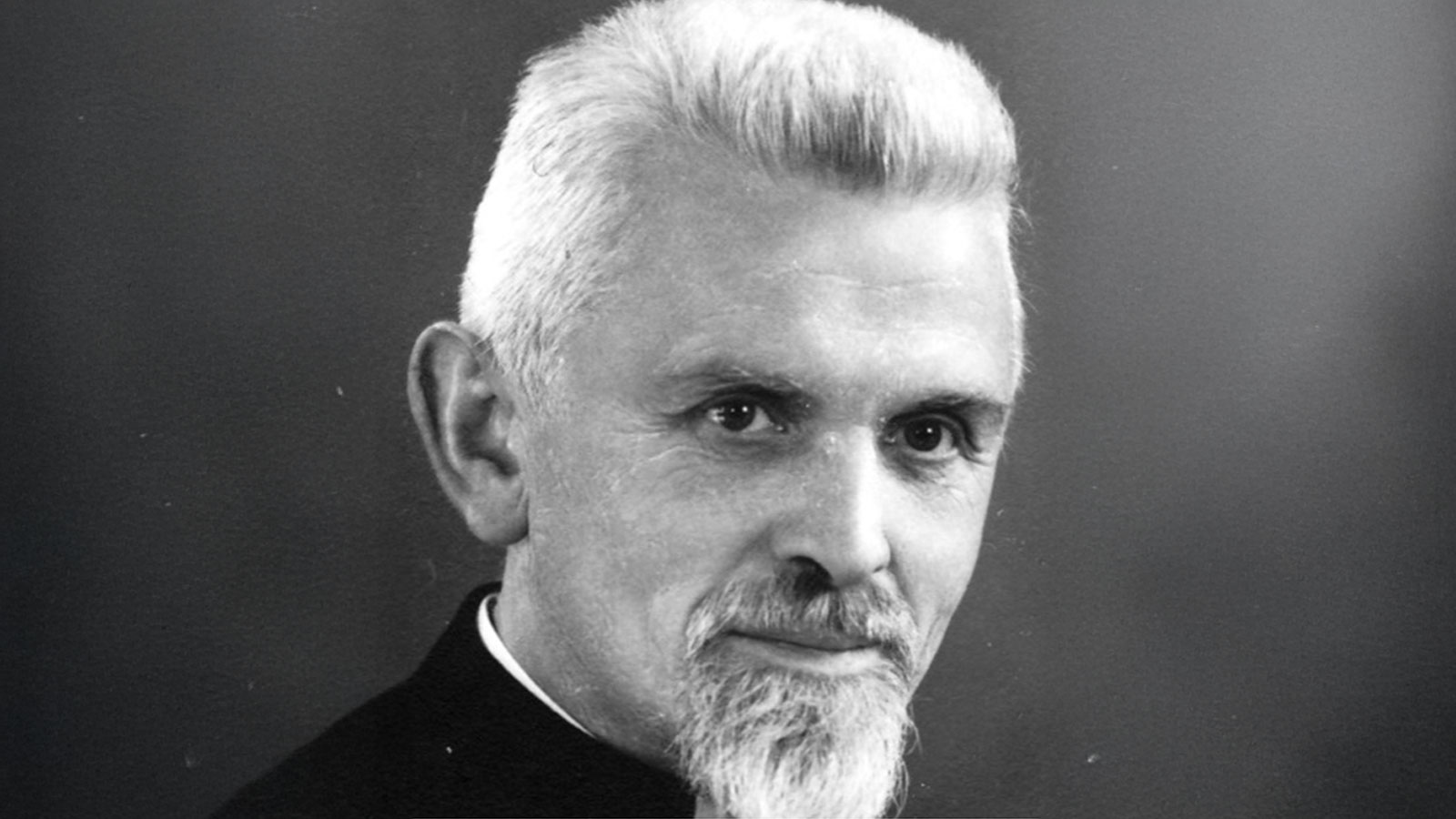 By Jean-Sylvère Mbuela Pfuti, cicm
By Jean-Sylvère Mbuela Pfuti, cicm
If there are some stories we easily remember in the Bible, the Rich man and Lazarus is one of them (Lk 16:19-31). The story is attractive; and seems like a book you just open and only stop reading at the last page. The story is unique and not a usual one. Most of Jesus’s parables concern nature, daily life, customs, and society, not visions of the underworld, complete with fire and chasms. This parable is the only one in which real people are named.
Many are convinced it is a pure myth, and most of the interpretations of the passage are fallacious and misleading. Tor other people it is a parable, or a story Jesus told to give details about punishment of sinners in hell. One must admit, it shows a judgment of severest consequences and raises a critical awareness of social injustices.
This dramatic story is still happening in our days. Many “Lazaruses” are standing at our doors. The poor of the world are still lying at the gates of the rich. There are over one billion people in the world today who do not get enough food to eat. Many have no place to lay their head. The gap between the poor and rich has been growing ever since decades and has never been so large.
There have been some promising signs of improvement. As the global financial crisis is affecting also so-called developed countries, everybody is becoming more and more aware of the gulf separating people. And people are becoming more informed about poverty and crisis “at home” too. Religious institutions are also affected and are striving to survive by reducing entities, expenses and focus on the special tasks. This is a new challenge for all of us. Many people feel helpless when thinking of the future. How to continue to be faithful to Jesus’s words? What should be one’s contribution?
This difficult time also is an opportunity for us to witness. It is there, when we do not have too much that we have to share, to wake up and meet Lazarus at our door.
CICM Constitutions as all Church documents insist on the option or preference for the poor. This is a special form of primacy in the exercise of Christian charity to which the whole tradition of the church bears witness. As the Church teaches it should affect the life of each Christian as much as he or she seeks to imitate the life of Christ, but it applies equally to our social responsibilities and hence to our manner of living, and to the logical decisions to be made concerning the ownership and use of goods.
This preference for the poor is a way we have chosen and should inspire our decisions. We cannot ignore the immense multitudes of the hungry, the needy, and the homeless, above all, those without hope of a better future who are present everywhere around the world. As we all know, poverty is not only to material but there are many other forms of poverty in our modern society, namely cultural and spiritual poverty as well” (Centesimus Annus, 57). It is impossible now not to take into account of the existence of these realities. To ignore them would mean becoming like the “rich man” who pretended not to notice the beggar Lazarus lying at his gate.
Religious communities and especially CICM have established JPIC commissions and encourage sharing what we have to make us aware of social issues of the world we live in. Do we really consider this as a dimension of our vocation? Do we share what we have, our time and knowledge with the needy? Do we really see Lazarus at our doors? As written Saint Augustine, God does not demand much of you. He asks back what he gave you, and from him you take what is enough for you. The superfluities of the rich are the necessities of the poor. When you possess superfluities, you possess what belongs to others.
How can we change this? How can we be fruitful in view of the reign of God, which is reign of justice and peace? Jesus wants us to stand and meet Lazarus at our door. Many have said, Peace and Sharing start at home, they begin in our heart.
“Nobody is so poor that he or she has nothing to give, and nobody is so rich that he or she has nothing to receive.”







